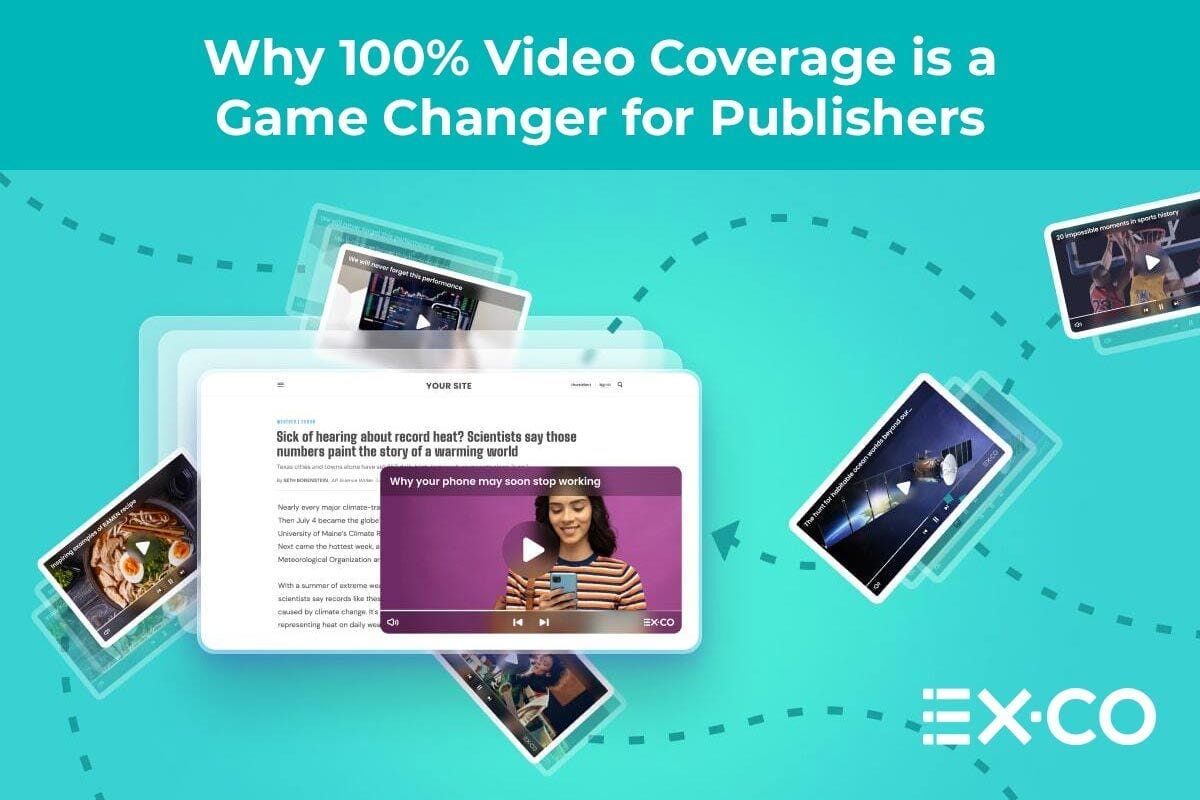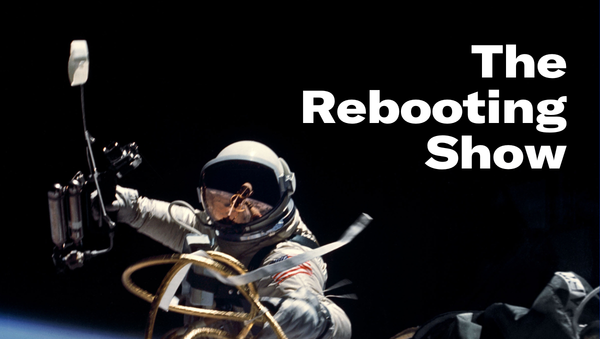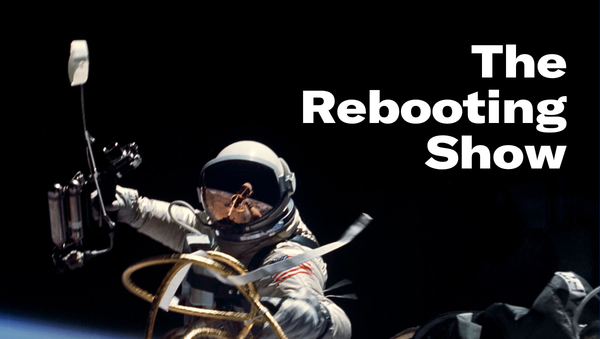The B2B events reset
Betting on smaller
Since we are in the heart of “events season,” I decided to revisit how I see B2B media industry events changing. First up, a message from Ex.co.

Upgrade your video strategy

Finding the right online video platform is a cornerstone to scaling your video revenue-driven business. Whether you’re looking to launch a video program from scratch or refine and scale an existing one, this guide will help you identify the foundational elements you need to supercharge revenue growth and ensure the success of your business in the fourth and beyond.
The B2B events reset

Of all the pandemic fakeouts, the end of in-person events is up there. With the memories of disinfecting groceries still fresh, there was the hare-brained notion that people could hardly be expected to get on germy planes to don a lanyard and be in a petri dish in a Hilton hotel ballroom somewhere in the outskirts of Phoenix. Clubhouse was valued at $4 billion, Hopin raised at $5.65 billion.
In-person events, of course, came roaring back. 2021 was a bizarre year where everything was up and to the right, even virtual events that were a poor substitute. The events momentum continued through 2022 and this year. Virtual events are not DOA, but they will remain a complement to live events rather than a substitution for them.
Events have emerged as a key growth area for everyone from lifestyle publishers to B2B to the crop of new digital players who have mostly sworn off the scale playbook of the previous disastrous generation.
And like anything else in publishing, there are too many events chasing too little audience and too few sponsors. At The Rebooting Dinner Series last week, one executive on the “prosumer” end of the publishing industry predicted an events bubble. An executive at a major financial publisher wrote me after an earlier piece on the pivot to events to remark, “The big events, festivals don’t work and are way too broad for marketers and are tricky to evaluate results, measurement, etc."
Whenever a bubble is predicted, I start from the principle that there is too much of everything. That’s what capitalism is all about. The market then sorts out the winners from the losers. That accelerates in time of economic stress and structural change.
I view events as a live form of media, and therefore subject to the same prevailing winds. In the media business overall, there is a flight to quality over quantity, niche over general and quantifiable results over airy promises of branding. The same pressures will be felt in this area. Too many events offer thin value.




